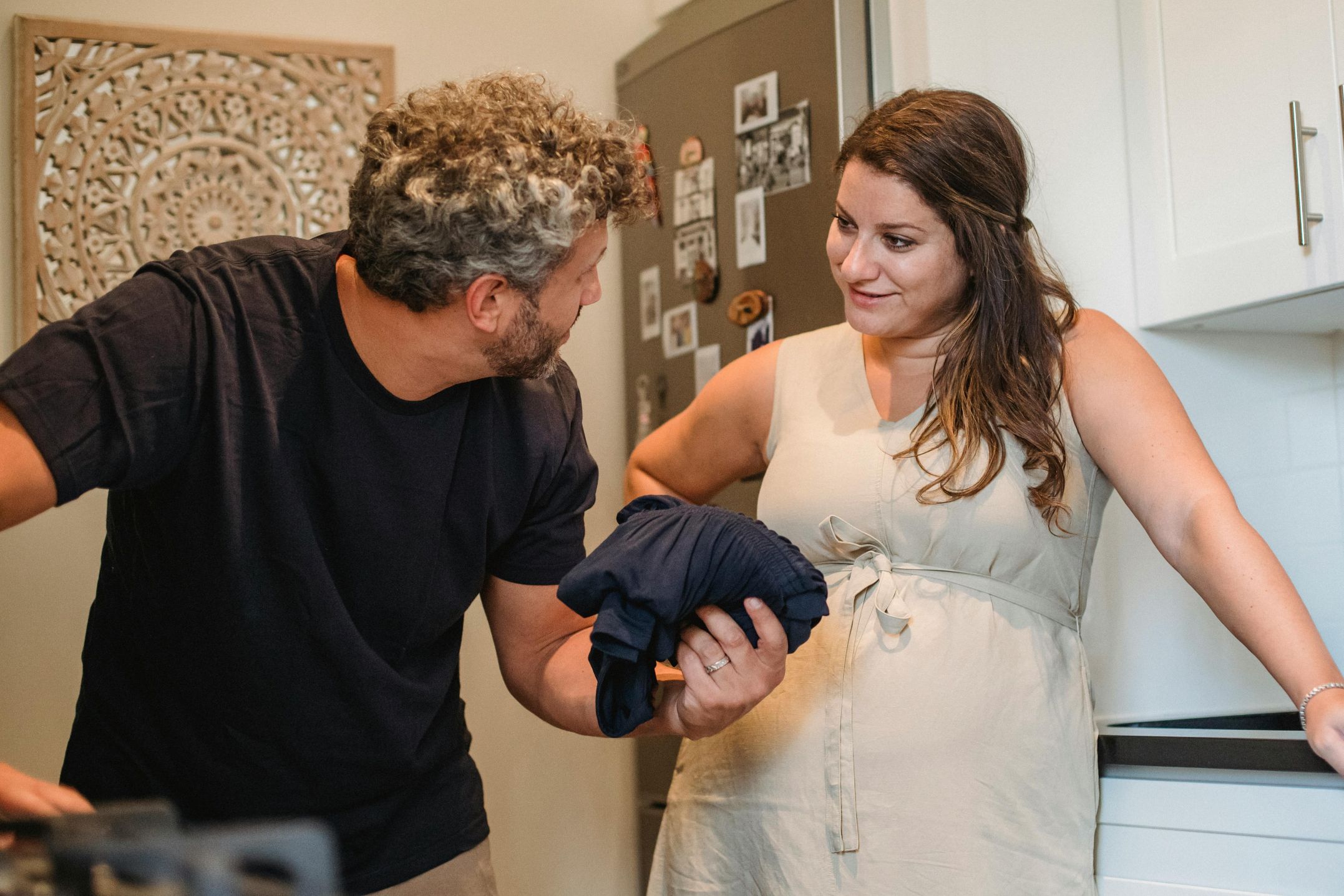Watching someone you care about struggle with addiction can be one of the most painful and helpless experiences. According to the American Medical Association, about 50 million Americans have an addiction condition, yet less than 10% of them get professional assistance. Addiction affects not only the individual but also their family, friends, and entire support network. Encouraging a loved one to seek treatment is a delicate, emotional, and sometimes frustrating process. However, with compassion, patience, and the right approach, you can help guide them toward recovery.
Understanding Addiction
Before trying to persuade someone to seek help, it’s crucial to understand addiction as a chronic medical condition, not a moral failing or a lack of willpower. Addiction changes the brain’s chemistry and can make individuals feel powerless to stop using, even when they recognize the harm it’s causing. Approaching your loved one with empathy and knowledge can make a significant difference.
Choose the Right Time and Setting
Timing and environment are key. Choose a private, calm, and non-confrontational setting to express your concerns. Avoid having the conversation when your loved one is under the influence or when emotions are running high. A peaceful environment fosters a more receptive and honest dialogue.

Do Research on Substance Use Treatment
Come equipped with resources about treatment options. Research local rehab centers, outpatient programs, therapists, and support groups. Having this information readily available shows your seriousness and can help ease their anxiety about the unknowns of treatment. For those who may not be familiar with different levels of care for addiction, it’s vital to understand behavioral health modalities to determine a plan for a positive outcome. Treatment is not one-size-fits-all!
Offer Support, Not Ultimatums
Supportive encouragement is more effective than threats. While setting healthy boundaries is important, avoid coercive tactics. Let them know you’re willing to help them through the process—whether it’s accompanying them to a doctor, helping with logistics, or simply being there to listen.
Set-Up an Intervention
Sometimes, intervention by a professional counselor or interventionist may be necessary. These individuals are trained to facilitate structured conversations that encourage someone to accept help. They can also provide you with guidance on how to approach the situation.
Prepare for Resistance
Denial, anger, or defensiveness are common responses. Don’t be discouraged. It may take several conversations before they accept help. Continue to express your concern and be consistent in your support.
Practice Self-Care
Supporting someone with an addiction can be emotionally exhausting. Consider joining support groups like Al-Anon or Nar-Anon, which are designed for friends and families of people with substance use disorders. Your well-being matters, too.
Final Thought
Convincing a loved one to begin addiction treatment is not about forcing them—it’s about planting a seed of hope and offering a path forward. While you can’t control their decisions, your compassion, persistence, and support can be a powerful catalyst for change.
About Celadon Recovery
Celadon is a comprehensive addiction and mental health treatment center located along the shores of the Caloosahatchee River in Fort Myers, Florida. With a full-continuum of care including detox, residential, and outpatient programs, we are committed to quality substance use and co-occurring disorder care. Call us today at 239-266-2141.





